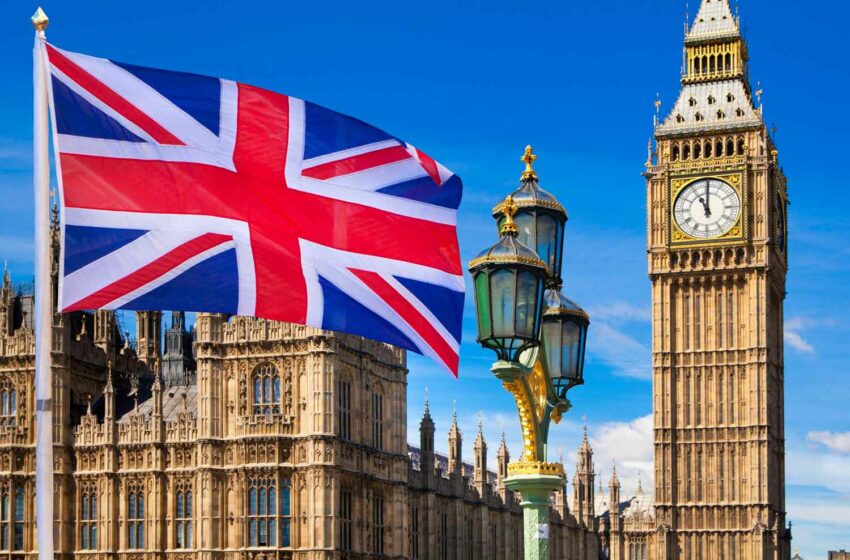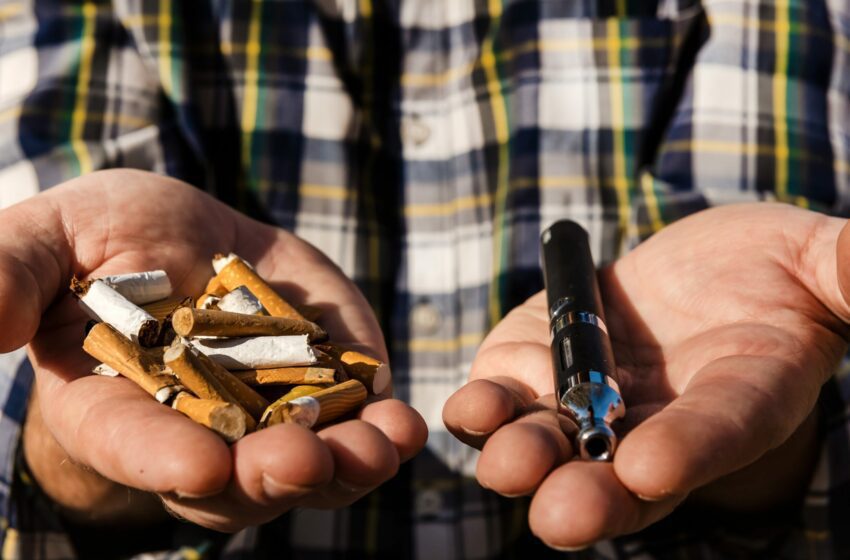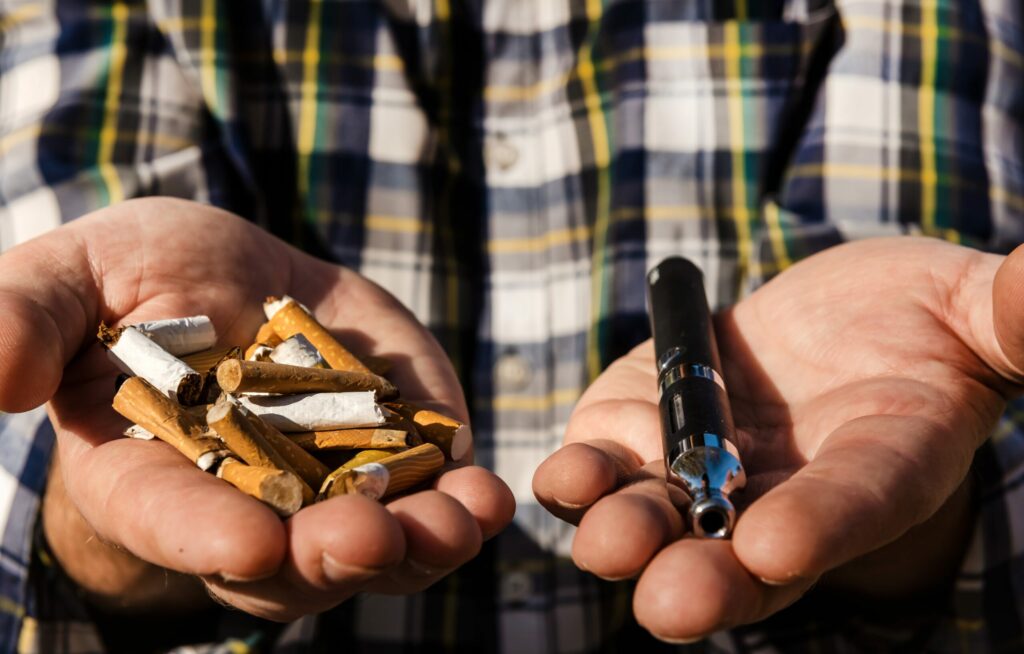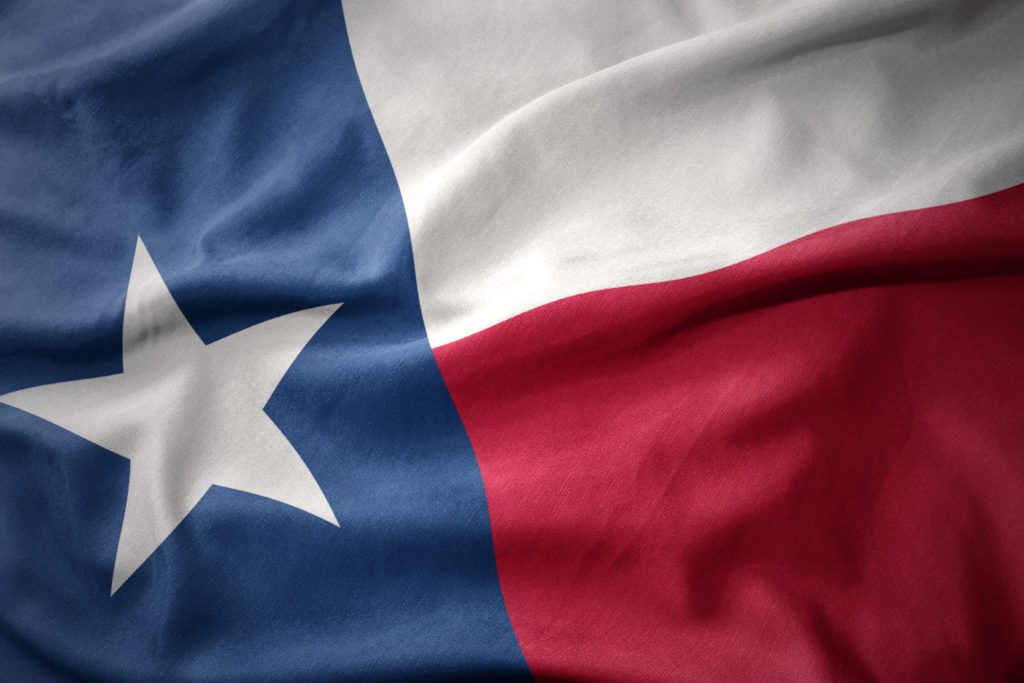
A court in The Hague has ruled that the Netherlands was allowed to introduce a ban on flavors in e-cigarettes to protect public health. The court ruled this in a substantive procedure initiated by tobacco products manufacturer British American Tobacco (BAT) and the related company Nicoventures. They consider the ban unlawful.
The harmfulness of e-cigarettes and the “attractive effect” of sweet flavors on young people have been sufficiently established, the court stated.
According to the 2020 ban, only certain flavors can be added to e-cigarettes, especially because young people are sensitive to other sweet tastes, according to media reports. The State also saw indications that the sweet-tasting e-cigarette will eventually encourage people to smoke regular cigarettes, while the government is aiming for a “smoke-free generation” in 2040.
According to the court, any encouragement to smoke regular cigarettes does not need to be scientifically proven for a ban. The harmfulness of the e-cigarette and the attractive effect of the sweet flavors on young people justify the flavor ban in themselves, the judgment stated.
The plaintiffs felt the ban violated the free traffic of goods within the European Union. They felt there was no evidence to suggest that the ban on flavors is good for public health. They also stated that the ban could have an adverse effect because fewer smokers will stop trying to quit smoking with the aid of e-cigarettes.
But this possible disadvantage does not carry enough weight, the court ruled. The State has the “political discretion to give more weight to the interests of the youth and of a future smoke-free generation in the context of public health.”
The court acknowledges that the ban on flavors infringes on the free movement of goods but says that such an infringement is permitted to protect public health if it is “appropriate, necessary, and proportionate.”





















